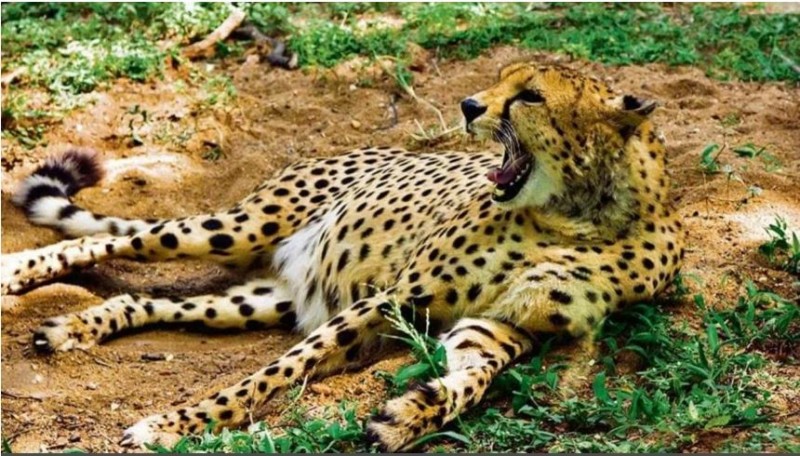
NEW DELHI : On September 17, the day of his birthday, Prime Minister Narendra Modi will visit to Kuno National Park in Madhya Pradesh where he will release cheetahs relocated from Namibia.
The government's attempts to revitalise and diversify India's wildlife and its environment include the release of wild cheetahs. In India, the cheetah was deemed extinct in 1952.
An MoU that was reached earlier this year allowed for the introduction of the cheetahs. The first intercontinental large wild carnivore translocation initiative in history, Project Cheetah, is being used to introduce cheetahs to India.
In addition to conserving biodiversity and enhancing ecosystem services like water security, carbon sequestration, and soil moisture conservation, this will aid in the restoration of open forest and grassland ecosystems in India, according to an official statement. These ecosystem services will benefit society as a whole.
The Prime Minister will later take part in a Self Help Group Sammelan at Karahal, Sheopur, with women from SHGs and community resource people.
Bhupender Yadav, the Union Minister for Environment, Forestry, and Climate Change, retweeted earleir that, "India eagerly anticipates the arrival of these "goodwill ambassadors." After going silent for many years, the entire nation is eager to hear their growls once more."
Eight big cats are being transported from Namibia to India to restore the species to the country, including two brothers that hunt as a team and a starving female cheetah that was nursed back to health.
Due to habitat destruction, overhunting, sport hunting, and large carnivore use in coursing, the large carnivore was fully eradicated from India. The government declared the cheetah extinct in the country in 1952.
Cheetah Relocation Project: IOC funding Rs 50 cr
Engineer's Day 2022: PM Modi conveys greetings to all engineers
PM Modi and Dhoni will give BA exam! Photos printed in Admit cards